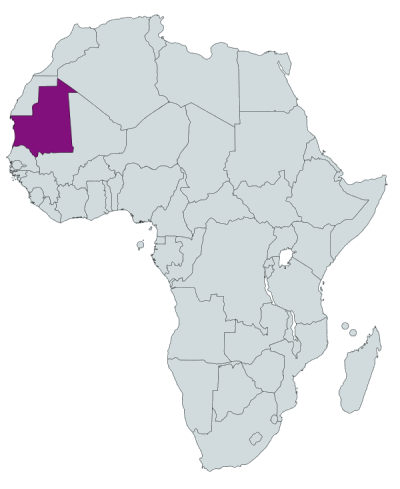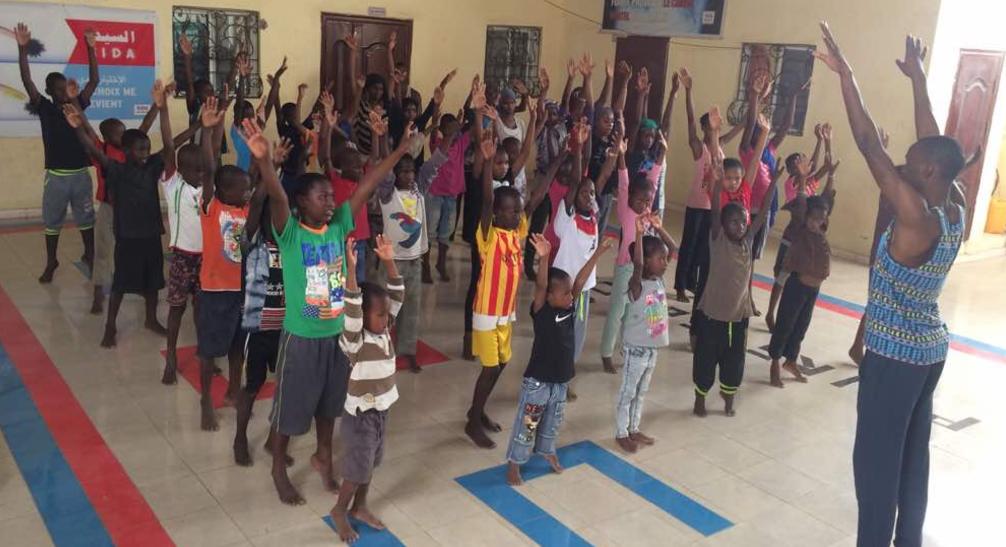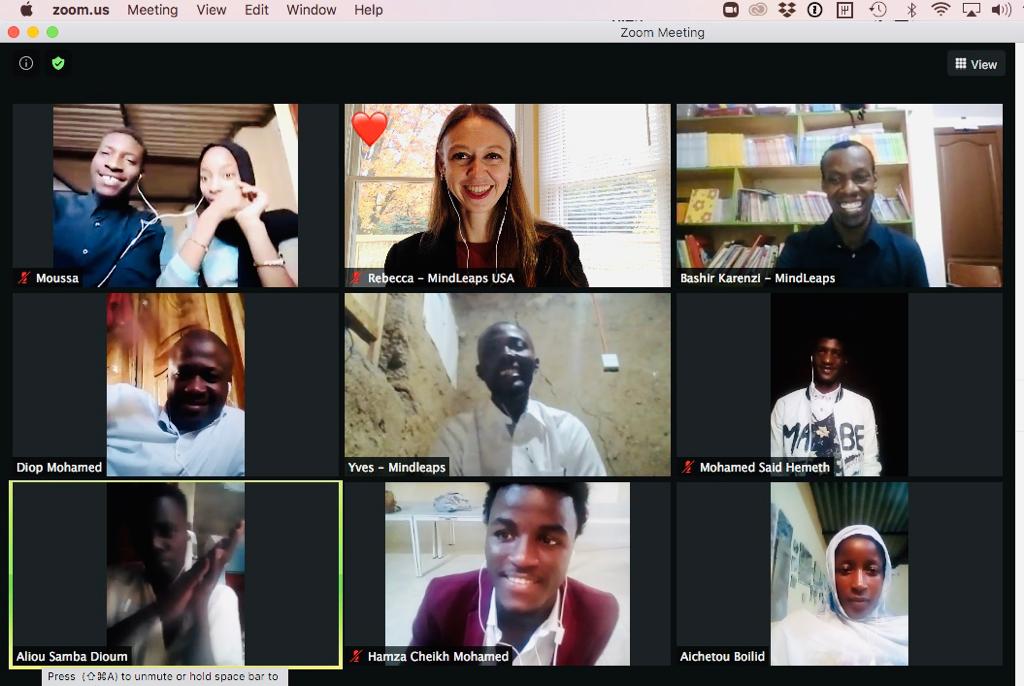MAURITANIA

Background
Mauritania has one of Africa’s lowest GDP rates, with 31% of the population living below the national poverty line (World Bank, 2014). Educational achievement rates are low, and among young people of secondary school age, the biggest disparity can be seen between the poorest and the wealthiest youth (EPDC, 2018).
Women and girls, especially, face difficult challenges in Mauritanian society. Child marriage is among these. According to the latest statistics from UNICEF (2018), 37% of girls in Mauritania are married before the age of 18, and 18% are married before their 15th birthday. This contrasts with 2% of boys being married before their 18th birthday.
In Mauritania, approximately 24% of youth have no formal education and 33% have attained at most incomplete primary education. In total, 57% of 15 to 24-year-olds have not completed primary education. Only 34% of children aged 12–15 years attend secondary school. 40% of female youth of secondary school age are out of school, compared to 33% of male youth of the same age. (EPDC and UNICEF, 2018)
There is a higher rate of illiteracy and unemployment among women than men. Only 42% of females are literate, compared to 63% of males (IndexMundi, 2018). Girls are kept “out of sight” and restricted to chores inside the home. This prevents them from attending school and developing the critical skills they need to succeed, understand their rights and make positive life decisions. If an uneducated girl is not married by the time she is 18, her only choice to support herself may well be turning to prostitution.
OUR PROGRAMS
In Mauritania, MindLeaps works in partnership with international and local organizations to address problems and further the lives of children, particularly young women.
In 2017, MindLeaps first partnered with SOS Pairs Educateurs in the capital city of Nouakchott to run a three-month program of dance classes for 117 street children and juvenile offenders. MindLeaps staff also provided training in the dance methodology for ten local Mauritanian teachers to continue the program.
Sy Djibril, Director of SOS Pairs Educateurs, has praised the MindLeaps program for helping their students “develop skills in discipline and perseverance, which will enable them to face the obstacles that will come their way. This is what children need in their education.”
See more on the program in Mauritania at https://youtu.be/gek6qzuV7HA

In 2019, in continuing partnership with SOS Pairs Educateurs, MindLeaps implemented a three-part holistic program in education, psychosocial health and nutrition that served 120 girls across 12 months in Nouakchott. The girls received 6 hours of dance instruction per week, a daily meal program, and top students were sponsored to enroll in school.
The program, entitled Building Our Bodies and Our Lives, was funded by Together Women Rise (togetherwomenrise.org), a non-profit giving circle dedicated to empowering women and girls living in extreme poverty. This MindLeaps project addressed challenges girls face in Mauritania by offering the opportunity for an education and the sustained ability to make positive life decisions through psychological health and nutritional support. The goal was also to stimulate a transformation in the community as to how girls are viewed, treated and valued. Households were encouraged to support the advancement of girls and reduce levels of child marriage, teen pregnancy and prostitution. As the program continues beyond the initial one-year project, and levels of female literacy increase as more girls are enrolled in school, more families will see the value in educating their daughters.
In 2020-21, in partnership with SOS Pairs Educateurs and with support from the US Embassy in Mauritania, MindLeaps launched further programs to reduce poverty and promote inclusion through the advancement of girls, women and collaborative activities among ethnic groups. The programs involved both the in-person Dance & Data program and the MindLeaps Virtual Academy.
Over 200 vulnerable children and youth enrolled in the MindLeaps Dance & Data program taught by seven local youth who had been through the MindLeaps Train The Trainer program to become dance teachers.
In addition, twenty youth between the ages of 16 and 25 were part of the initial Virtual Academy group – ten MindLeaps dance trainers and ten youth from the community who were attending programs with our local partner, SOS Pairs Educateurs. The curriculum, homework assignments, and video and audio lessons are available to the students in English, French and Arabic . These youth were representative of all ethnic groups in Mauritania. Over time, MindLeaps observed that an active and supportive community was being built between these 20 youth. The MindLeaps Virtual Academy is an online learning program that teaches students Business Entrepreneurship, Project Management & Budgeting, Child Development, Communications, Digital Literacy, and Inclusion. The impact of the Virtual Academy has been to equip these youth with skills they can use to be economically independent, as well as become leaders in their communities. Learn more: MindLeaps Virtual Academy
As part of the project, the youth enrolled in MindLeaps’ Virtual Academy in Mauritania also participated in cultural exchange sessions with youth from high schools and dance programs throughout the United States. Students from both countries made presentations about their cultures and families, and shared their hobbies, visual art, poetry, and dance.
In late 2021, in line with our goal of furthering access to education, we prepared 59 of our graduates (MindLeaps students who had successfully completed our Dance & Data program in 2021) to start school. They are receiving school sponsorship and began school in November 2021.
In 2022, MindLeaps Mauritania enrolled 103 new students in the Dance & Data program. The program has both new and returning dance trainers teaching all the classes. 50 students will also be in the academic catch-up program covering several subjects, including a new Arabic language course taught by MindLeaps dance trainer Hamza Cheikh.
Another important part of MindLeaps’ holistic approach is reaching out to families to ensure continuity beyond the classroom. In addition to teaching dance class, MindLeaps youth dance trainers also conduct home visits. These home visits enable us to check on how our students are progressing, as well as ensure that our youth are safe and maintaining their focus on education. The home visits also involve parents and help them understand the benefits of their children’s participation in the MindLeaps program.


